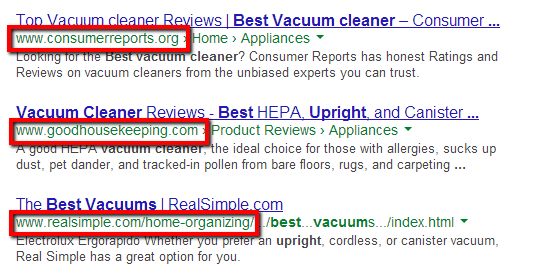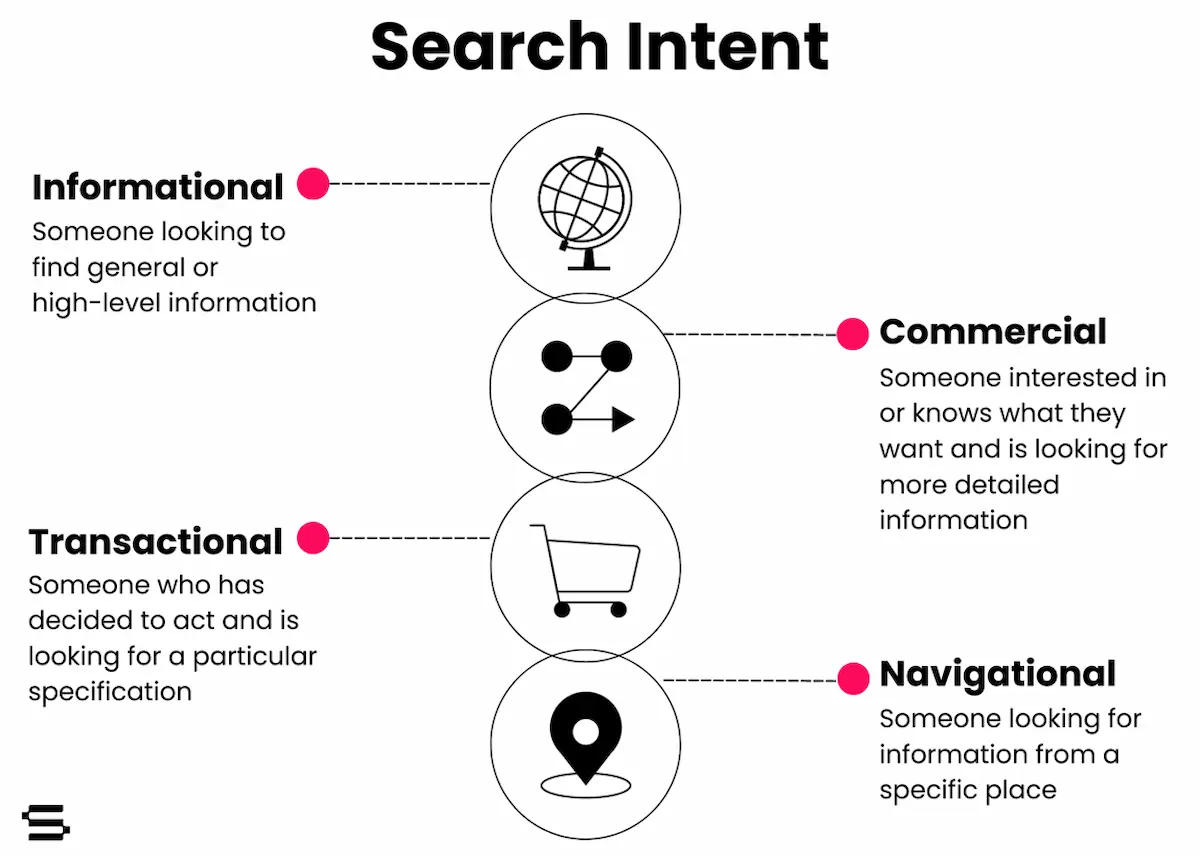A successful search project requires the cooperation and participation of many stakeholders within an organization. Chances are many of these individuals have little search experience, and have questions. I have kept my ears open for some common questions and misconceptions. Here are 5 that I find to be most common and how to answer them.
Why should we rewrite content that we pay to host on our website?
Content should be unique to one site. When a website hosts content from a database or “stock content,” that content is not unique. However, many companies pay to host this content because it is useful for the visitors. When this is the case, companies should convert stock content into unique content by taking the facts, or the key information, and re-writing it in the voice of the brand. There are a couple benefits in doing so. One, unique content will improve a websites’ chances of being found in the search engine results pages for queries relevant to that copy. The second, when content is written in the brand voice, the website will maintain a consistent voice and tone. Consistency will help establish trust between user and brand
Why do we have to build an asset? Can’t we just put the word on the page?
In some cases, incorporating the keyword on the page will do the trick, but it is important to understand a searcher’s intent. Sometimes, a user is seeking a product or service, but in other cases they are looking for a resource. When I search for “how to brush dog’s teeth,” I am looking to learn how to brush my dog’s teeth. Essentially, I am looking for a resource. Google serves me a slideshow asset on the WebMD website titled, “How to Brush Your Dog’s Teeth.” Nice! However, a webpage with a couple sentences of copy about “how to brush a dog’s teeth” will not be as helpful for me, the user, and should not rank as well.
Why should we target keywords that are not already on our site?
Keyword research helps identify variations of existing keywords and phrases. Users might search for the same product, service or information using different keywords. For example, some people refer to sunscreen as sun block. If a website has a product page dedicated to sun block, but never incorporates the keyword sunscreen into the copy, Google might not understand the synonym. That website will not be seen as relevant for “sunscreen,” and Google will not serve the site to users. Although there are times when Google does recognize synonyms, speaking your customer’s language might enhance brand engagement and resonance.
Why are our competitors different in search than they are in “real life?”
This is another conversation about user intent. Google aims to serve the best result for users. As the engine gets smarter, it understands search queries beyond keywords. As discussed earlier, it understands intent, or the information, assets or tools people really want to see in the search results. Let's look at Dyson Vacuums as an example. When users search for “best vacuum cleaner,” they are not looking for a Dyson vacuum product page that has the keyword phrase “best vacuum cleaner” on the page, x amount of times. The intent behind the query is to find out more about which vacuum cleaner is best. Google understands this, and serves searchers Good Housekeeping’s vacuum cleaner reviews page. This resource will help users learn which vacuum is best. So, when a user searches for “best vacuum cleaner”, Dyson is actually competing with Good Housekeeping, not Oreck.

Why do we need to ask our partners for a link?
If a company has real relationships with third party organizations, companies or individuals who own real estate on the web, Google wants to know about it. It helps Google make sense of the world and better understand which companies are active and popular. Google will reward brands that possess these qualities with better rankings. These links can also be effective from a user experience standpoint. Users might wish to find out more about a company’s partners or affiliates. A link provides easy navigation to the site they are looking to explore.
I hope this helps shed some light on common questions about search. If you have other examples of common questions, or questions of your own, please leave a comment!
Follow me on Twitter @Afreezee

